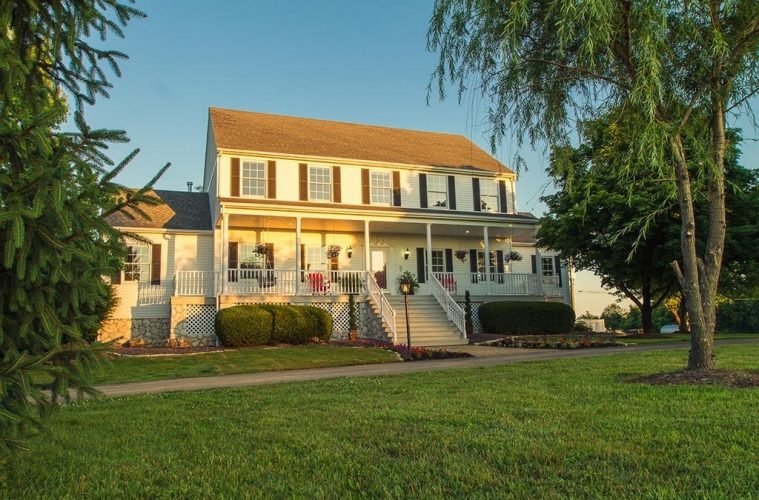Drug abuse is known as a disease that leads people to continue their consumption despite being aware of all the harmful effects it has on the body, mind, and family life of an individual. National Institute of Drug Abuse classifies drug addiction as an illness that needs special treatment in a hospital or non-hospital setting for short and long-term treatment plans.
In a residential drug addiction recovery program, each treatment plan is tailored to meet the specific needs of a person. As each individual and their dependence on drugs is different, they need different treatment plans. With the right tools, help and support of family and doctors, a drug addict can take the road to recovery through residential treatment programs.
Different Stages within a Residential Program
Residential drug treatment plans are aimed at providing an addict with an option to live in a rehabilitation facility for a specific time period. These drug treatment centres are well equipped and offer the best staff and medical professionals including doctors, psychologists, social workers, councillors and other psychiatrists. For the treatment plan to work on a drug addict, the centre has to focus on some key principles to help treat drug addiction. Some of the concepts include:
- Take a holistic approach including individual in treatment and focus on improving mental, physical and psychological health to resolve spiritual and mental issues of the person suffering from drug addiction.
- A successful treatment of one client does not guarantee that the same treatment will be effective for all the clients.
- Medication together with counselling can improve the positive outcome of the residential treatment program.
The Detox Stage
Detoxification stage is the initial stage of any residential program designed to help cure addiction in different people. Taking drugs specifically opiates have a higher tendency for dependence. Hence, the withdrawal process is one of the most difficult but necessary steps of the detox process. Clients are given medications to help them fight the physical withdrawal symptoms.
Support for Better Decision Making
Drugs take away the power to make decisions from the person who has a high dependence on them. However, the residential treatment centre staff is dedicated to providing any kind of help and support needed for the client to fight their addiction. During the treatment, they learn to make better decisions about their life through professional help.
Counselling Sessions
Another important aspect of a residential treatment plan for a drug addict is to enrol him in a counselling session with a trained therapist. These counselling sessions will prove vital as it helps the drug addict develop a positive mechanism to fight their drug urges, stress and anxiety.
Group sessions are a necessary part of a residential treatment program. Usually, group sessions help the client to learn about their problems, the harmful effects of drug abuse are highlighted repeatedly to motivate people to quit drugs.
Residential treatment programs are aimed at providing people who abuse drugs with a way to change their life for the better. These treatment programs give the drug addict a platform to use and fight their way to recovery.

